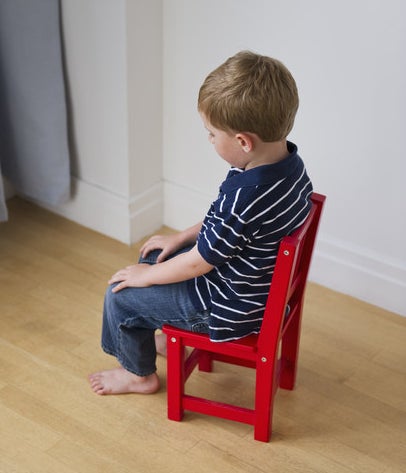
Hi, I'm Krista and welcome, once again, to the "why didn't I know this?" side of BuzzFeed, where we've talked about everything from sleeping to sex to childbirth epidurals. This week, I want to talk about something that's been pretty controversial over the years: SPANKING CHILDREN.
I also want to be honest and preface this by sharing my background in terms of spankings as punishment. I became pregnant at a young age so I regretfully didn't give much thought to how I was going to discipline my son. My now-husband (who is also my son's father) and I were both spanked so that is how punished our son if time-out didn't work. I didn't think anything of it, especially since we rarely spanked him. However, that was 12 years ago and I did a lot of things then that I would do differently now.
Licensed psychologist and school psychologist Dr. Han Ren is going to share some important information we need to know about spankings and disciplining children.
Here is the full video of my interview with Dr. Ren if you want to watch. Otherwise, scroll down for a breakdown of the facts!
View this video on YouTube
Dr. Ren said that when we talk about spanking, we have to look at generational trauma and our species's history of brutality against each other's bodies. "As humans, that's one of the ways that we have always known to problem-solve. As we have evolved and matured and found different ways of problem-solving, brutality has become less and less acceptable."
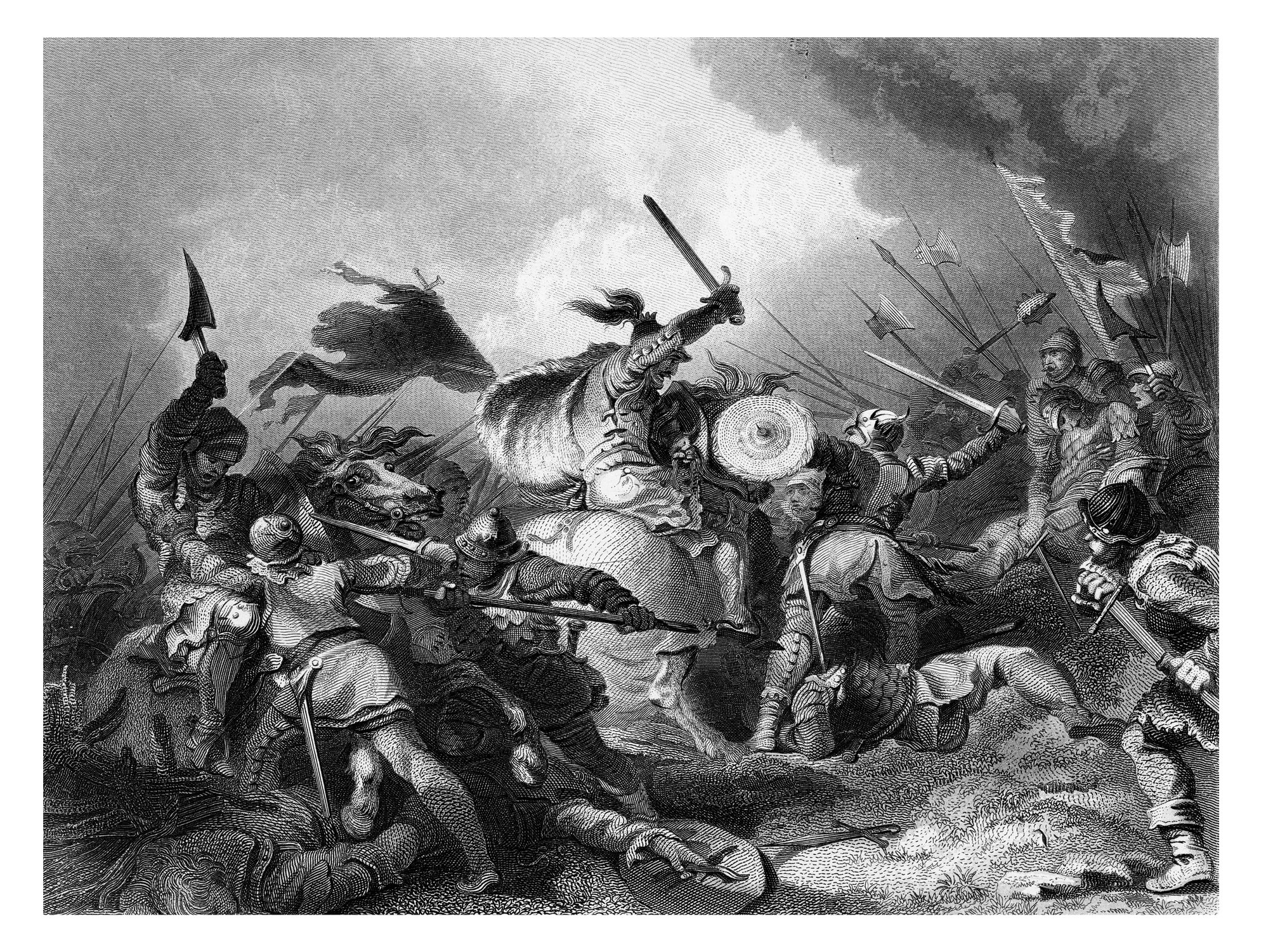
"So many communities of color use spanking as part of what they deem 'cultural.' I think we confuse what's cultural with what's generational trauma because it's something that was used on our people. These are communities that have been enslaved and oppressed and colonized. It was the most common method of keeping people in line and that gets passed down through the body, through generations. So we confuse it, thinking it's culture."
"But just because this happened to us, that doesn't mean we need to repeat it to our kids. It's not culture. It's trauma. And it's is a lot more rampant in communities of color because of global systems of oppression."
So, now let's look at the research. There have been hundreds of studies that have looked at the long-term outcomes of spanking across cultures and it has been extensively researched for the past 30 years. "Recent meta-analyses show consistent associations between spanking and internalizing disorders of depression and anxiety, as well as externalizing disorders like aggression, impulse control problems, anger problems, and other problems that infringe on the rights of others," Dr. Ren explained.
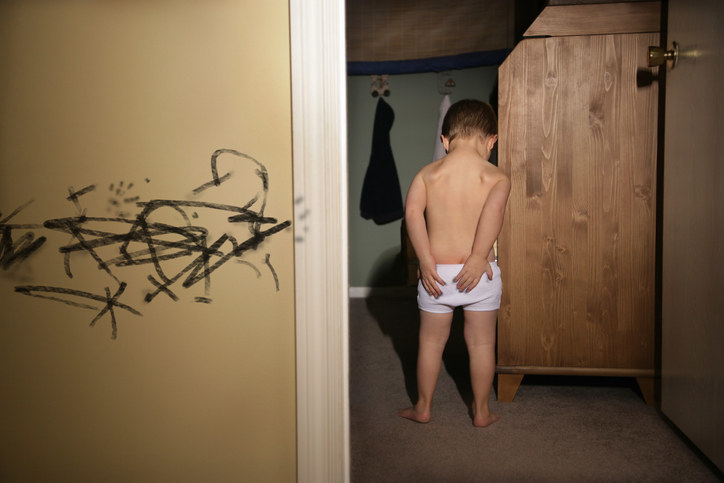
A new study conducted by researchers at Harvard used an fMRI machine to monitor the changes in different parts of children's brains in real time:
"This study looked at brain activation in the amygdala, which is the part of the brain responsible for emotion, especially fear and anger. They also looked at the prefrontal cortex — the part of the brain that's responsible for executive function, decision-making, planning, and higher-order thinking."
"The kids in this study were between the ages 10 and 12, and the kids were shown neutral faces and fearful faces. They looked at kids who were never spanked and kids who were spanked — some had been spanked a few times and others very often. Kids who had experienced severe abuse, like physical or sexual abuse, were excluded from this particular study. However, they had been included in other studies so they could compare the brain patterns."
What researchers found was that all children showed an increase in brain activation when looking at fearful faces compared to neutral faces, which is to be expected. But the kids who had been spanked had an especially high level of activation to fearful faces and a lower degree of activation to neutral faces compared to non-spanked kids.
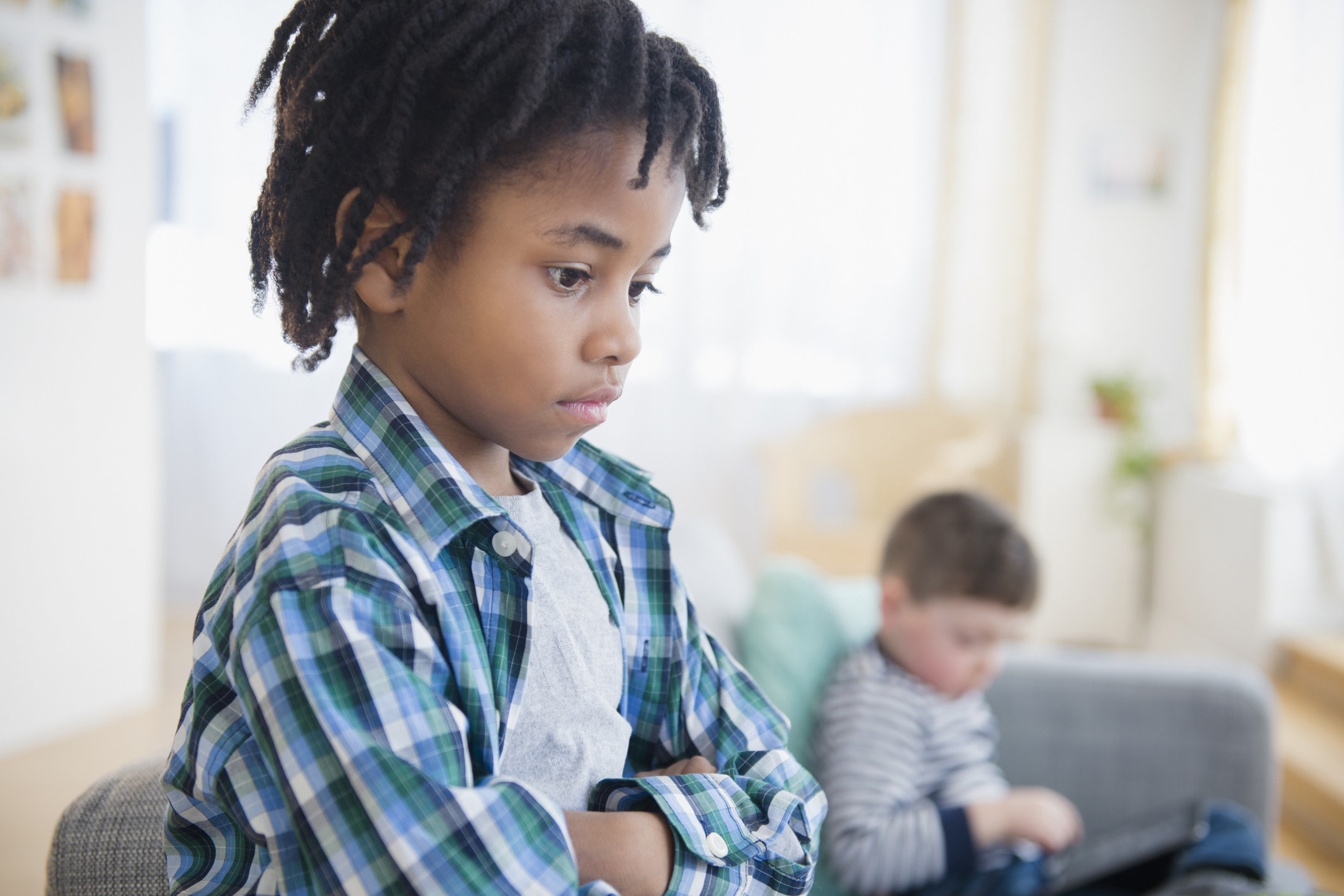
In addition, Dr. Ren explained even more ways that spanking negatively affects children. "They're less likely to trust their caregivers. They're more likely to be sneaky about their behaviors and hide their problems from their caregivers. They're more likely to change their behaviors because they don't want to get punished rather than understanding the impacts of their actions on others and changing their behaviors due to empathy or moralistic standards."
When it comes to people who say things like, "I was spanked and I turned out fine," Dr. Ren challenges them to think about all the wrong things we used to do that were normalized. "For example, seatbelts were not a thing for a really long time. It was normal to smoke cigarettes during pregnancy. It was normal to drink alcohol during pregnancy. We don't do these things anymore because we've learned more and know better. And just because some people turned out fine doesn't mean that all or even most kids turn out fine."
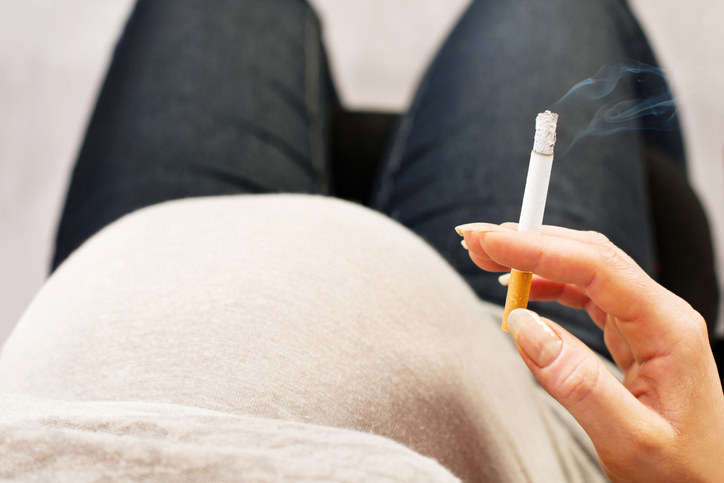
If spanking is not the answer, how should parents discipline their kids? Dr. Ren said that the majority of misbehavior in young kids comes from unmet needs and difficulty communicating and expressing themselves. "So we need to teach kids who are really little how to self-regulate. Take deep breaths or find other sensory outlets, like screaming into a pillow. Teach them to self-monitor — like 'am I hungry?', 'am I tired?' — and give them the vocabulary for expressing their needs."
In addition, there are a lot of parenting professionals who would not recommend the use of time-out either. "Time-out is better than spanking but if you are going to use time-out, the debriefing is so important where once they come out, you talk about what happened and ways to make better choices."
